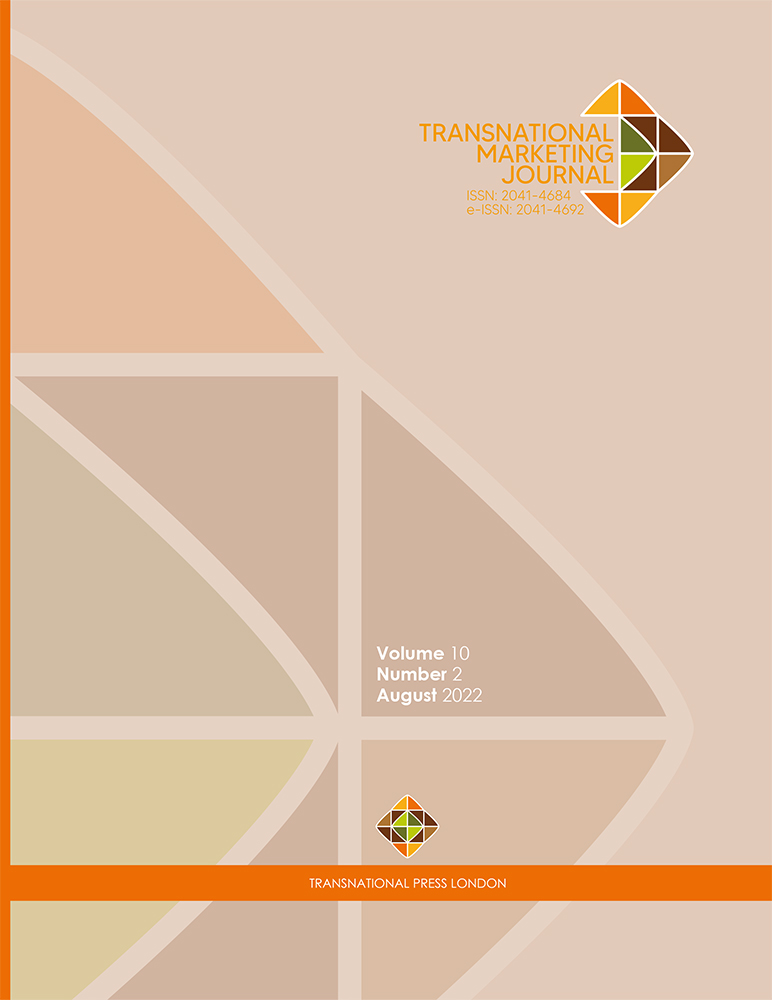Examining the Relationship Between the Level of Cognitive Dissonance Experienced and Customer Satisfaction: A Management and Marketing Perspective
Examining the Relationship Between the Level of Cognitive Dissonance Experienced and Customer Satisfaction: A Management and Marketing Perspective
Author(s): Mehmet İsmail Yağcı, Onur Başar ÖzbozkurtSubject(s): Business Economy / Management, Marketing / Advertising
Published by: Transnational Press London
Keywords: Cognition; Cognitive Dissonance; Customer Satisfaction; Mitigating Dissonance;
Summary/Abstract: “Cognitive Dissonance” theory refers that a belief, knowledge, or attitude of the individual conflict with the other belief, knowledge, or attitude of the individual. It has a crucial impact on many academic fields, especially in marketing, after being coined to the literature by Festinger (1957). Whilst many studies have been conducted in the literature on the theory that attracts attention all over the world, it has been limited to the examination of the subject with quantitative methods and to handling it from a managerial perspective. On the other hand, customer satisfaction has been exponentially drawn attention upon and signified a key point by service providers especially in the tourism businesses owing to the intensely competitive environment caused by changing new trends in consumer behavior. In this sense, the present study aims to complete this gap in the literature by examining the relationship between customer satisfaction and experienced cognitive dissonance of customers after purchasing accommodation services. In addition to that, it aims to mitigate the dissonance of customers by managers and contributing strategy development to carry out a more valuable accommodation experience. To this end, a questionnaire has been applied to 166 participants who had been accommodated in the tourism business in Mersin, Turkey, and the data has been analyzed by SPSS 26.0. As a result of the analysis, there is a statistically significant relationship between cognitive dissonance level and customer satisfaction.
Journal: Transnational Marketing Journal (TMJ)
- Issue Year: 10/2022
- Issue No: 2
- Page Range: 215-234
- Page Count: 20
- Language: English

